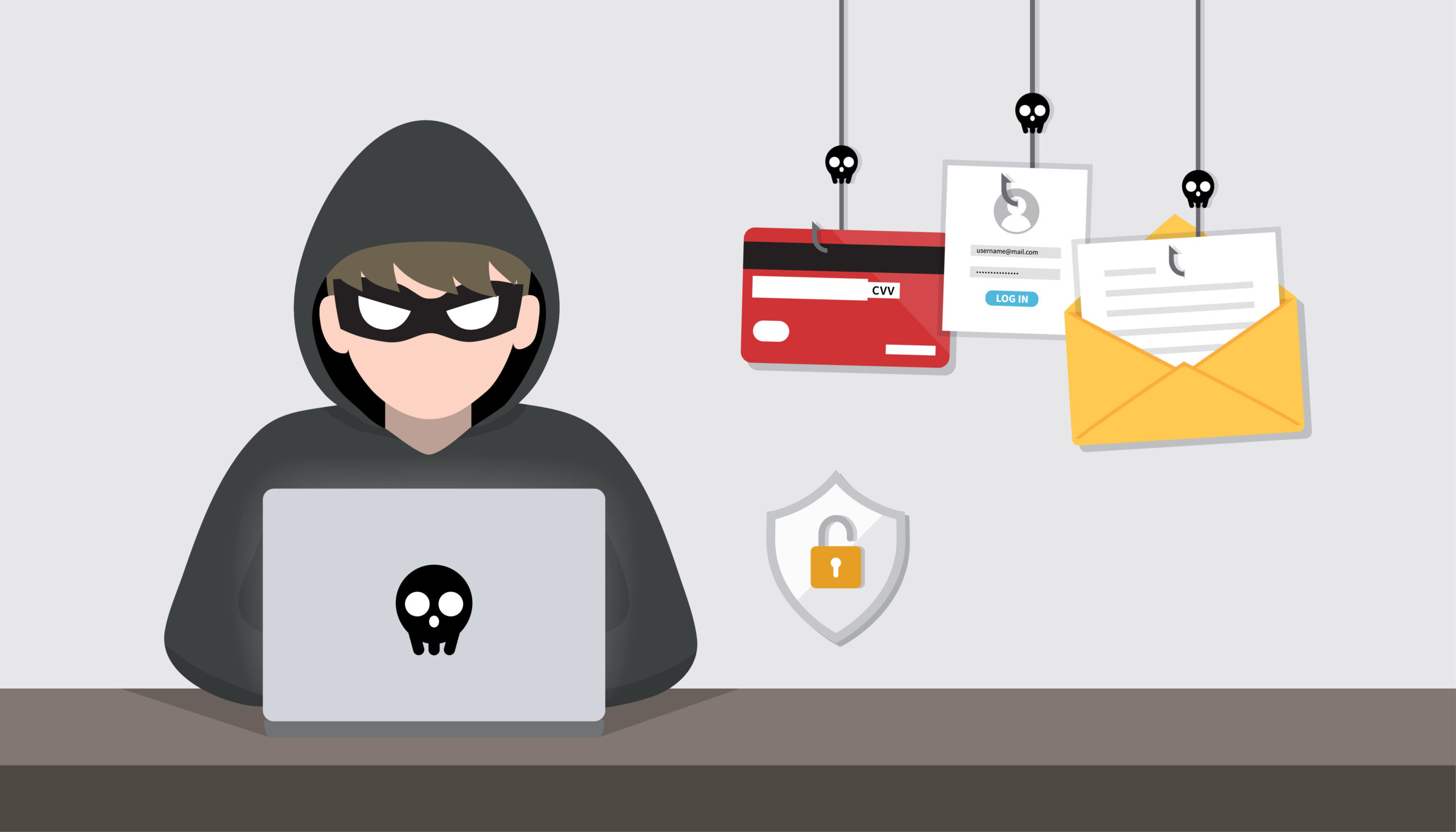Young people represent one of the most active groups on the internet; nevertheless, they comprise one of the most vulnerable sectors. It was the topic we addressed in one of the IFE Observatorio webinars. Below I share a summary.
Contrary to popular belief, young people are not immune to digital threats because, although they are pretty familiar with entertainment and socialization, they continuously perform risky internet security behaviors that can endanger them physically and emotionally. This topic was explained by Professor Francisco Rocha, Dr. Carlos George, and Dr. Leonardo Glasserman in the webinar produced by the Observatorio of the Institute for the Future of Education at Tecnologico de Monterrey. Therefore, young people must develop internet security skills to protect their privacy, sensitive data, and digital identity.
“What we do or publish in the digital environment has its consequences in the real world and vice versa.” – Rocha (2022).
In this webinar, our speakers Francisco, Carlos, and Leonardo, shared the relevance of possessing basic knowledge to develop Internet security skills to recognize the importance of privacy, prevent harassment in virtual environments, understand the risks associated with sexting, and protect our data in cyberspace. They also mentioned that it is vital to know how to exercise safe and responsible digital citizenship, understand how knowledge is built on the internet, and manage various network identities. These skills are necessary for young people and anyone who wants to perform safely in the digital age.
Professor Francisco Rocha shared the free course “Digital Seguridad for All” that we can take online for personal development. Still, we can also integrate it as a relevant class topic or share it with our students. The course addresses digital citizenship, knowledge construction, digital identity, data protection, and privacy. It also addresses behaviors like sexting and cyberbullying. The course consists of seven modules lasting 30 minutes each and can be accessed at any time free of charge.
Digital security is one of the most relevant issues today, mainly because of the various threats a person may face when surfing the net, such as sexting, cyberbullying, data theft, identity theft, and fake news. In recent years, the percentage of the population accessing the internet in Latin America has increased considerably, from 50% in 2012 to 75% today.
“We have the right to protect our data and control its use.” – Rocha (2022).
The growing number of digital threats forces us to stay informed and acquire the knowledge to face the dangers of the web. Digital security is a must-have skill for all citizens. The learning experience in the Digital Security for All course develops these skills in young people.
People must acquire new skills to participate safely in digital environments as recreation, work, and study activities move to virtual spaces. Technologies bring new opportunities but also new risks. Therefore, knowing how to deal with online dangers has become a critical literacy to ensure the safe use of the internet. However, young people in computer science have few resources available to acquire this knowledge, even though technologies have penetrated various aspects of life.
Relive this webinar. If your native language is not Spanish, you can turn on the YouTube subtitled instant translation included in this article. To activate this option, select the Subtitles option on YouTube (Spanish subtitles will appear), then select Settings ->Subtitles -> Automatically Translate and the preferred language.
About the speakers
Francisco Javier Rocha Estrada is a doctoral candidate in Educational Innovation at the School of Humanities and Education at Tecnologico de Monterrey. He is a member of the Research and Innovation Group in Education (GIIE) in the line of Development and Use of Technology in Education (DUTE), and he designed the course Digital Security for All available on Udemy. https://twitter.com/FranciscoRochaE
Carlos Enrique George Reyes, Doctor of Education Sciences, serves as leader of the Development and Use of Technology in Education (DUTE) subgroup of the Educational Innovation Group. He is an adjunct member of the Interdisciplinary Research Group (IRG) on Reasoning for Complexity at the Institute for the Future of Education at Tecnologico de Monterrey. https://twitter.com/cgeorgemx
Leonardo David Glasserman Morales is a Doctor in Educational Innovation, serves as director of the Master’s program in Educational Entrepreneurship, and is an associate research professor at the School of Humanities and Education at Tecnologico de Monterrey. He is part of the Educational Technology Research Unit. He is an adjunct member of the Interdisciplinary Research Group (IRG) on Reasoning for Complexity at the Institute for the Future of Education at Tecnologico de Monterrey. https://twitter.com/glasserman
This article from Observatory of the Institute for the Future of Education may be shared under the terms of the license CC BY-NC-SA 4.0 
)
)


)